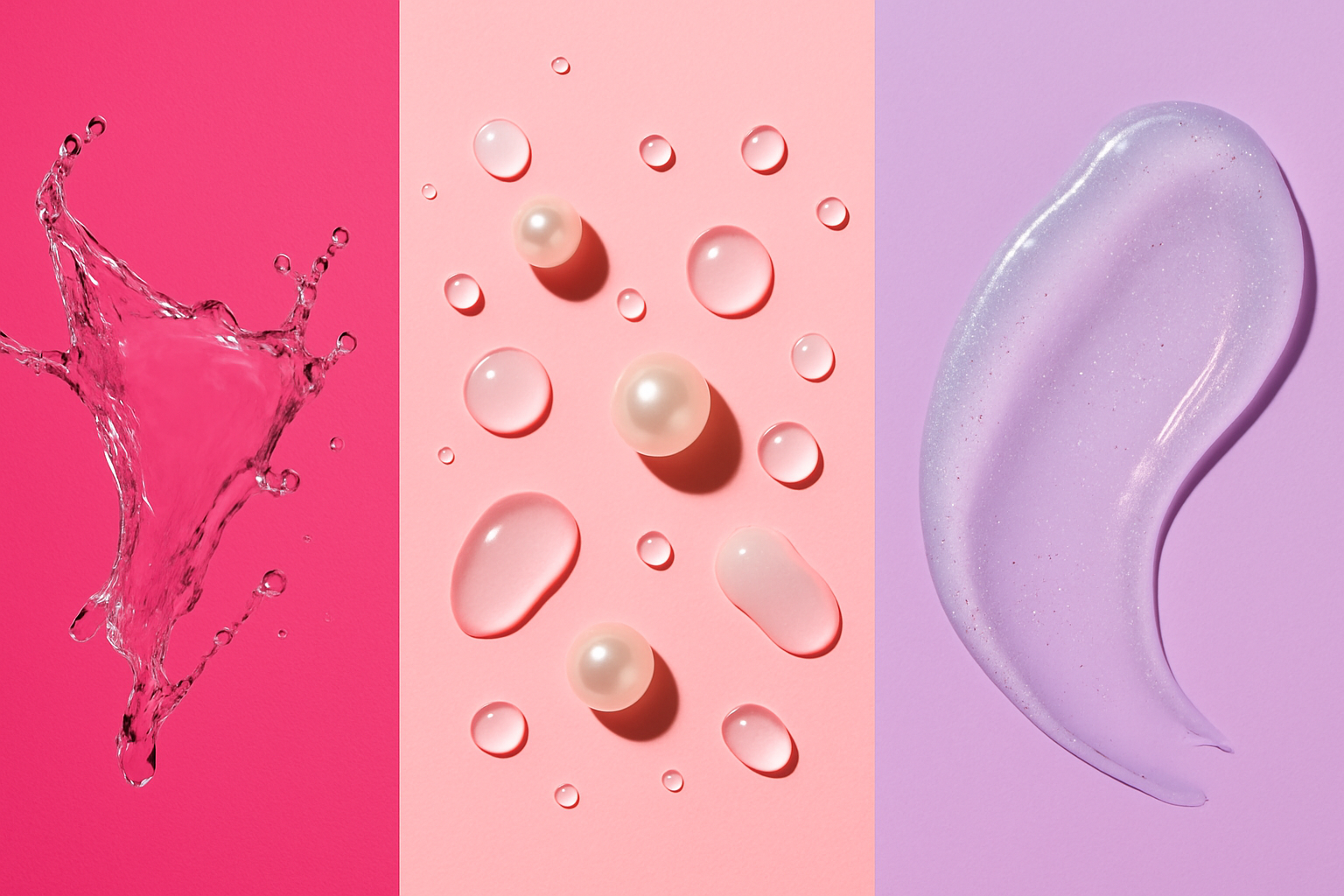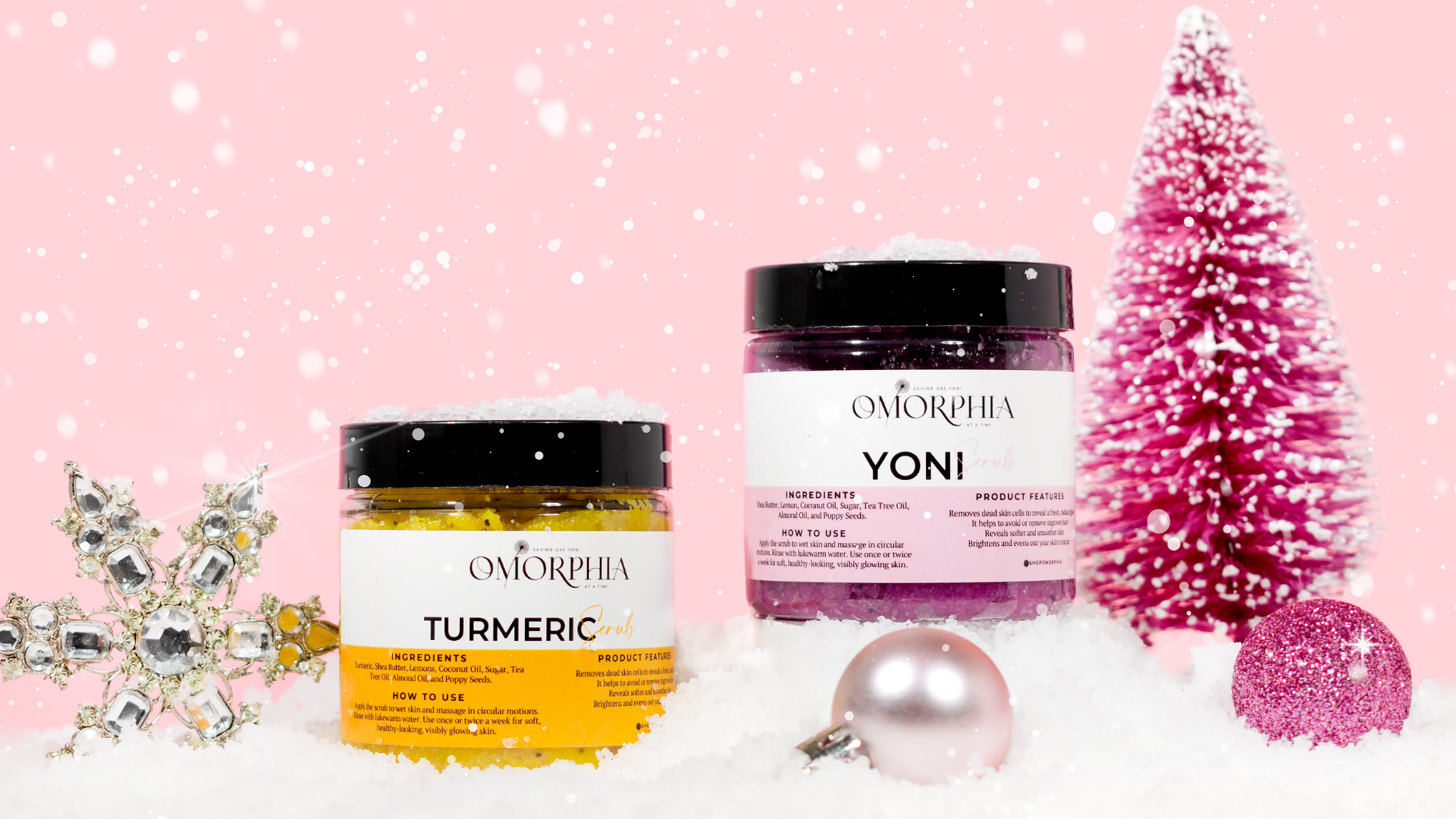Discharge Guide: Colors, Types, and When To See a Doctor

Vaginal discharge is a natural part of your body’s health. It helps keep the vagina clean, balanced, and protected. But changes in color, texture, or odor can be confusing, and sometimes they’re a signal to pay closer attention. Understanding what’s normal and what’s not gives you the power to care for your health with confidence.
What Is Vaginal Discharge?
Discharge is a mix of fluid and cells that your vagina produces. The amount and look can change throughout your menstrual cycle, during ovulation, or in response to hormones. Paying attention to these changes helps you understand your body’s patterns.
Type of Vaginal Discharge And What It Means
Clear and stretchy
Often looks like raw egg whites. This usually means you’re ovulating, a normal sign of fertility.
Thin or milky white
Light and creamy discharge is often normal at the beginning or end of your cycle.
Thick and white (cottage cheese-like)
Can signal a yeast infection, especially if you also notice itching or irritation.
Yellow or green
If thick, clumpy, or paired with odor, this may point to an infection such as trichomoniasis or bacterial vaginosis. Time to get checked.
Grayish-white with fishy odor
A common sign of bacterial vaginosis (BV), which requires treatment.
Brown or bloody
Spotting can be normal around your period or after sex. Frequent or unexplained spotting outside your cycle should be evaluated.
When to See a Doctor about Vaginal Discharge
- Discharge with a strong or unusual odor
- Color changes to green, gray, or very dark
- Itching, burning, swelling, or pain
- Pain during sex or urination
- Unexplained bleeding between periods
Intimate Care FAQs (and answers):
Q: What type of underwear is best for women?
A: Breathable cotton underwear is ideal for intimate care. Cotton allows airflow, reduces moisture buildup, and helps prevent irritation or infections. Avoid synthetic fabrics that trap sweat and bacteria.
Q: How should I care for my vagina after working out or swimming?
A: It’s important to change out of damp or sweaty clothes as soon as possible. Moist environments can encourage bacterial growth, so showering or changing into dry, clean clothing helps maintain vaginal balance and prevents discomfort.
Q: Can I use regular soap or scented products near my vagina?
A: No. Harsh soaps, scented body washes, or perfumed products can disrupt your natural vaginal pH and cause irritation. Stick to gentle, pH-balanced cleansers designed specifically for intimate care, shop our yoni washes.
Q: Should I use probiotics to support vaginal balance?
A: Supporting your vaginal health with probiotics can be helpful. If you’ve been dealing with bloating, UTIs, yeast infections, or just want to feel your best every day, these probiotics are here to help.
Bottom line (Or Bikini Line, Should We Say!)
Discharge is your body’s natural way of protecting itself, but changes can sometimes signal infection or imbalance. Knowing the difference between normal and abnormal helps you take charge of your health and seek care when it’s needed.



